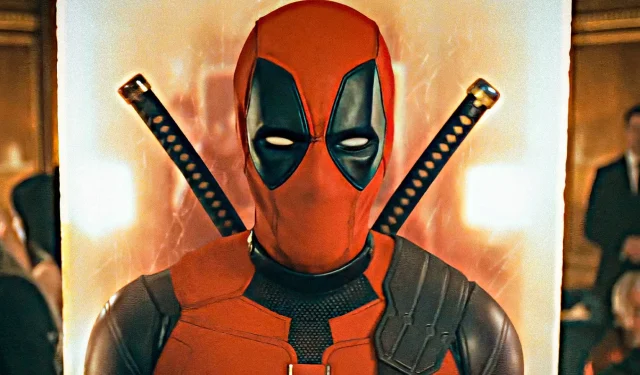The Thunderbolts* movie explores themes of substance abuse, a topic recently brought to light in the Marvel Cinematic Universe (MCU) through Deadpool & Wolverine. While Thunderbolts* holds a PG-13 rating, aligning it with many MCU films, it still addresses these serious issues, albeit with less explicit content than its R-rated predecessors. Despite the critical acclaim the film has garnered, it doesn’t appear set to replicate the box office success of its counterparts, which typically approach the $1 billion mark globally.
Much of the acclaim for Thunderbolts* has centered on its cast’s performances, but the film’s focus on lesser-known characters may limit its broader appeal. However, it successfully elevates these characters, showcasing their flaws and vulnerabilities, and making them relatable. A significant part of this effort includes an honest portrayal of mental health challenges, and notably, the film does not shy away from discussing drug use.
The MCU’s Cautious Approach to Drug References
Drug References in Deadpool & Wolverine and Daredevil: Born Again
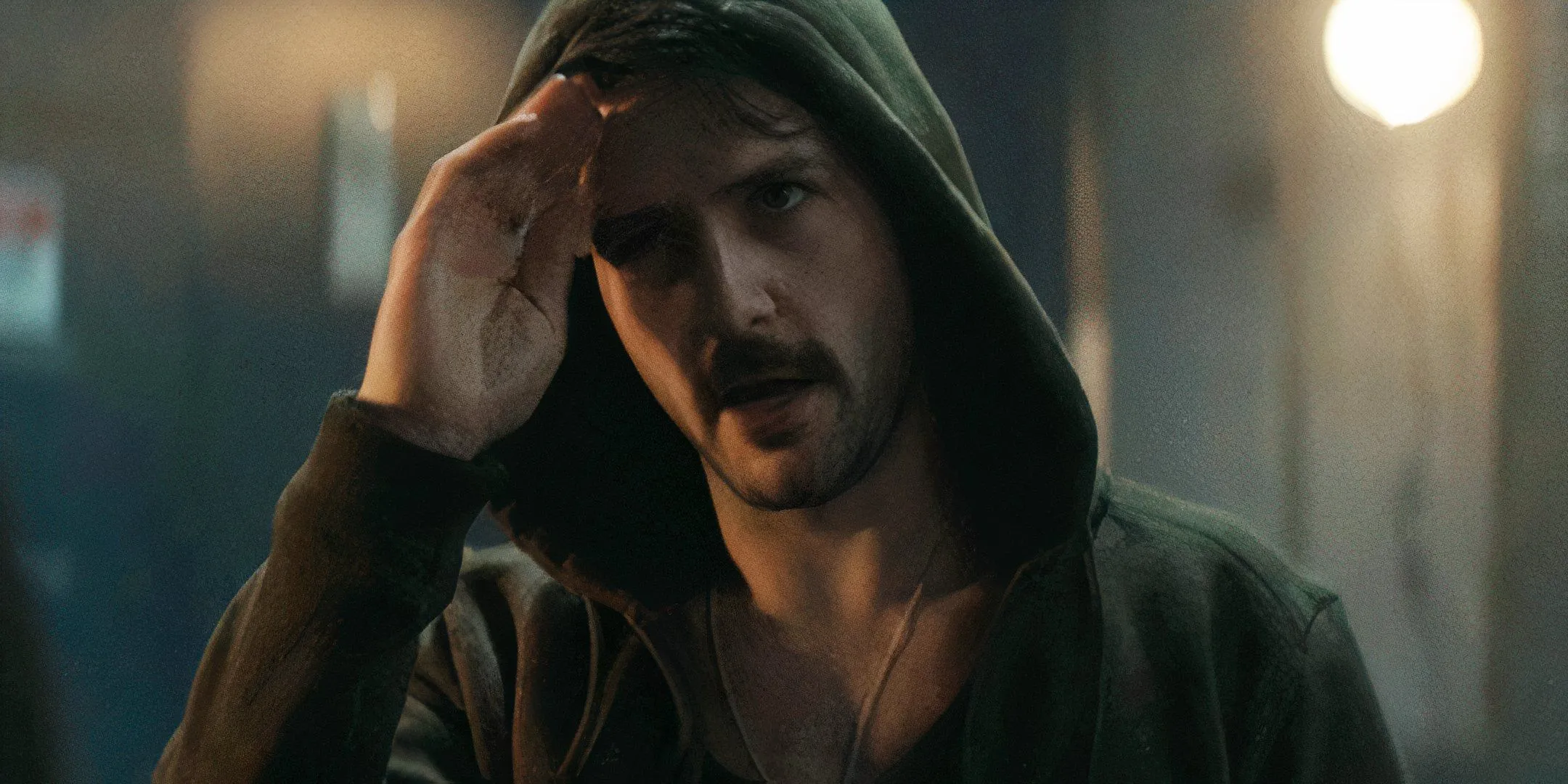
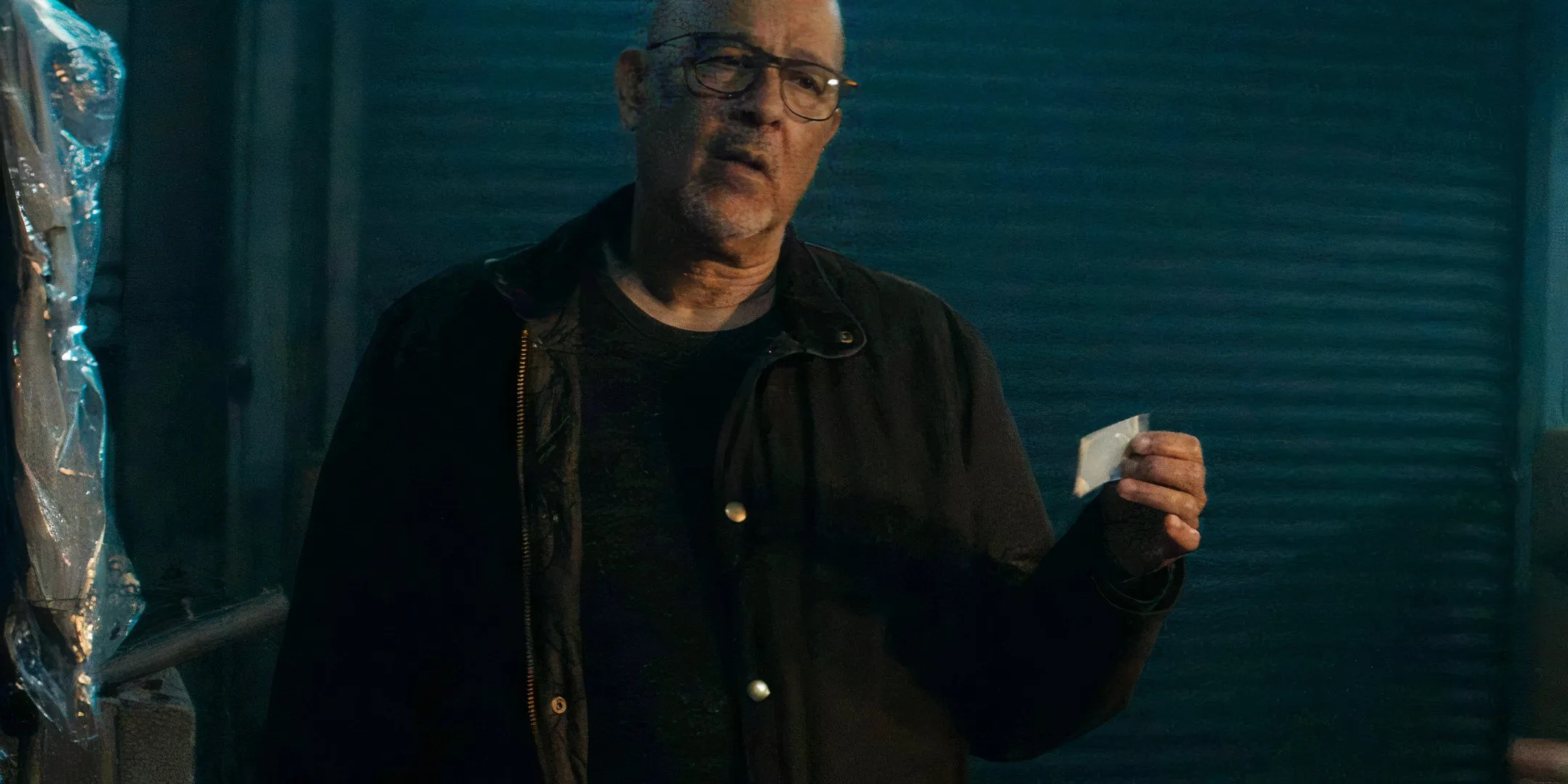
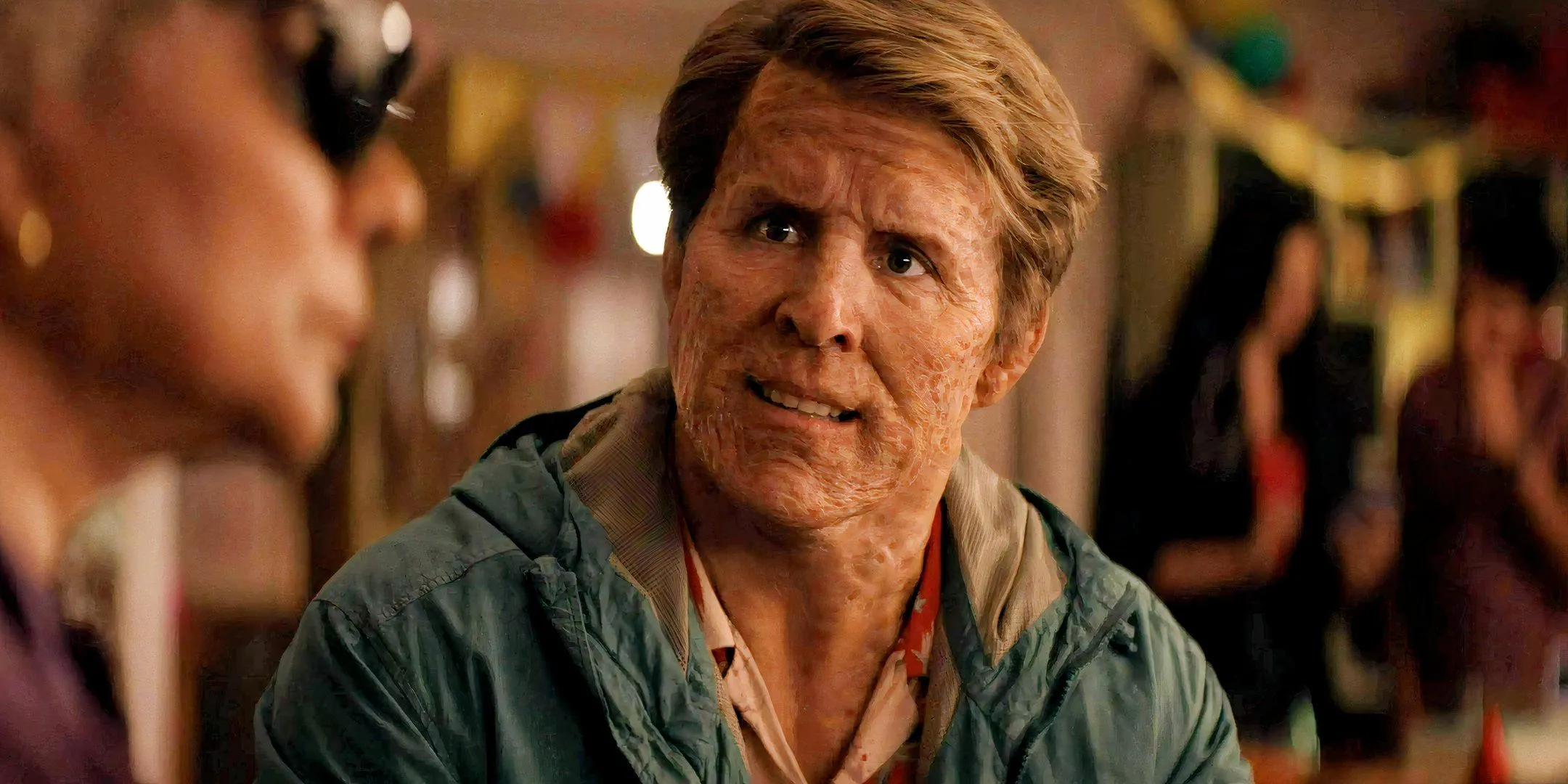
Historically, the MCU has maintained a predominantly family-friendly environment, which naturally limits discussions on drug use. While some characters, like Iron Man, have grappling with substance abuse in their comic backgrounds, such matters were often reserved for darker narrative tones, as seen in series like Jessica Jones. However, with the emergence of Deadpool & Wolverine, which features a humorous yet provocative handling of drug-related topics, the MCU has begun to break its previous taboos.
In fact, a pivotal moment in Deadpool & Wolverine involves a humorous exchange between Wade Wilson and Al about drug use, specifically cocaine. Director Shawn Levy highlighted this moment during a recent interview, revealing that the film was given a guideline emphasizing the avoidance of drug portrayal, which led to a humorous attempt at subverting that restriction:
“That was an early one, and so was naming that the only rule we were given by Feige is no cocaine…which is absolutely a fact. Early on, Kevin was like, ‘Look, we want a fully ‘Deadpool’ Deadpool movie… and we were like ‘Yes sir, yep, copy that,’ and we went home and literally wrote the joke about Feige requesting no cocaine, and it became one of the first jokes that we wrote.”
https://www.youtube.com/watch?v=658mMj3iqFg
Less than a year after the release of Deadpool & Wolverine, Daredevil: Born Again broke similar ground by depicting themes of drug addiction more explicitly, calling into question the boundaries drawn by Kevin Feige. Notably, in the third episode, the series includes not only a mention of a character’s addiction but also visuals of substance use, indicating a shift in the MCU’s narrative approach.
Thunderbolts*: Addressing Sentry’s Struggles with Addiction
Bob Reynolds Confronts His Past with Meth Addiction

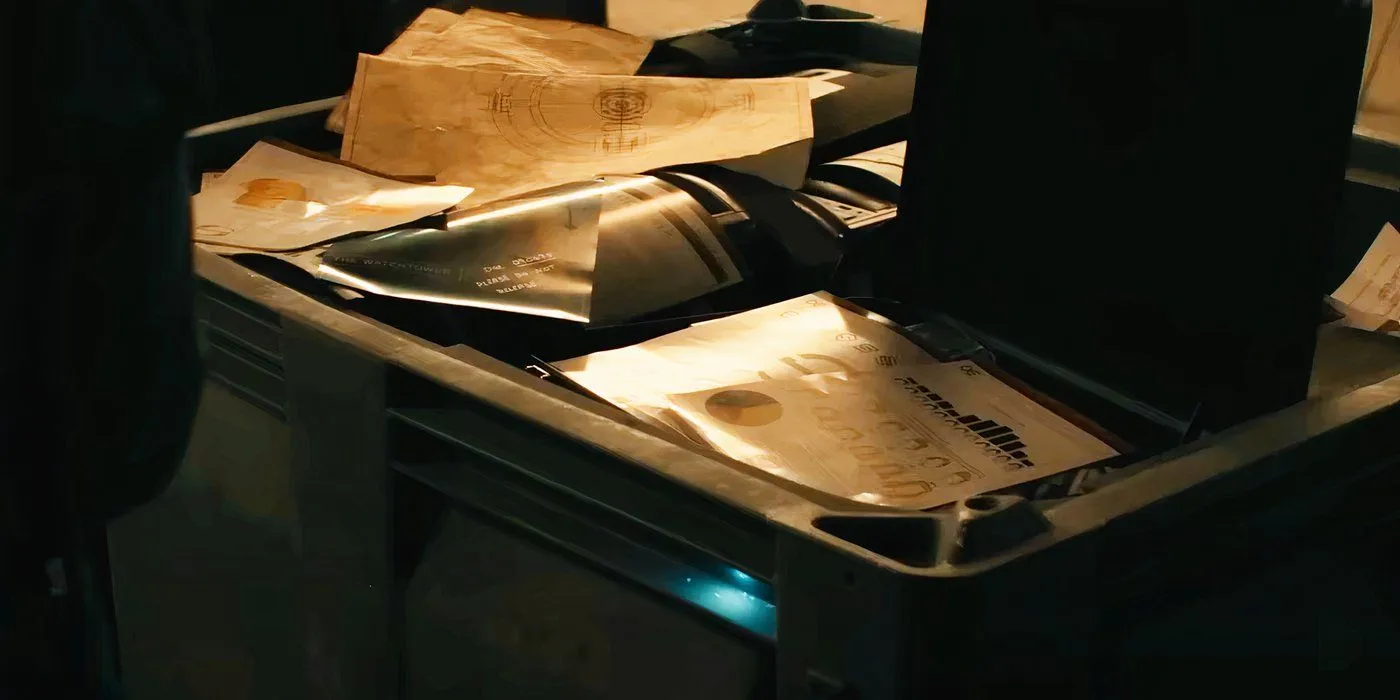
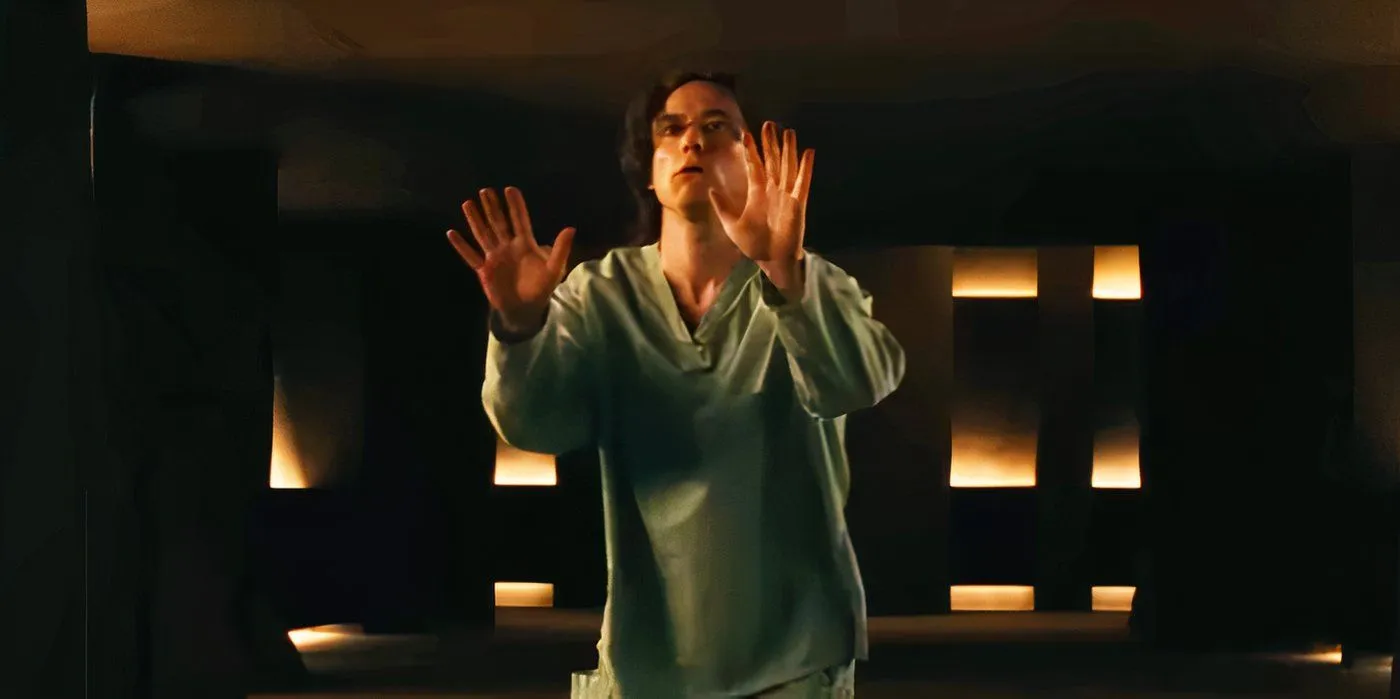
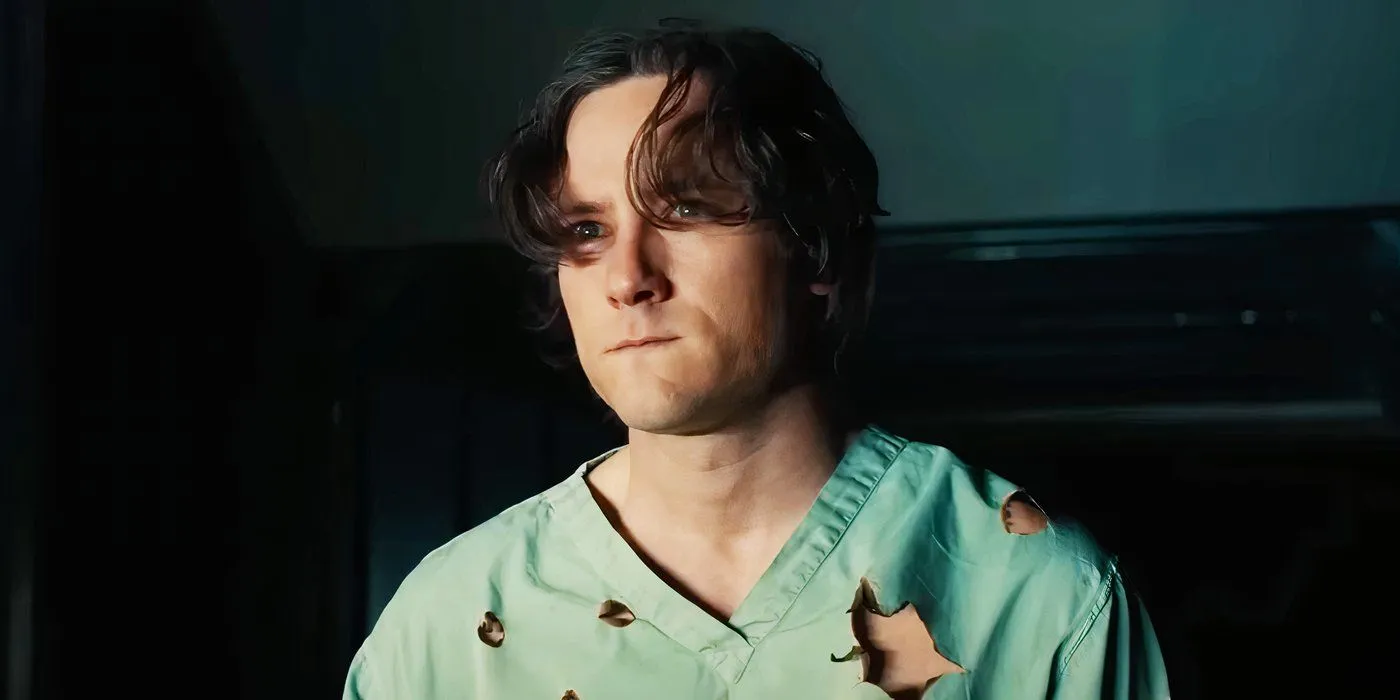

In Thunderbolts*, we see Bob Reynolds—a character with a troubled history—introduced as part of Valentina Allegra de Fontaine’s covert Project Sentry. His struggle with meth addiction is depicted in a poignant light, suggesting the complexity of his character. Humor is intertwined with the heavier themes when Bob reflects on his past, including moments where he worked as a sign spinner while dressed as a chicken, revealing insight into his turbulent life.
The film also portrays Yelena’s struggles with alcohol, depicting her in vulnerable moments as a way to emphasize their shared experiences with addiction. While the film refrains from graphically depicting drug use, it notably marks a critical juncture for Marvel Studios in addressing substance abuse issues more transparently, making it a significant narrative choice for a PG-13 film.
The Importance of Bob’s Drug-Related References in Thunderbolts*
Exploring the Role of Drug Addiction in Robert Reynolds’ Character Development
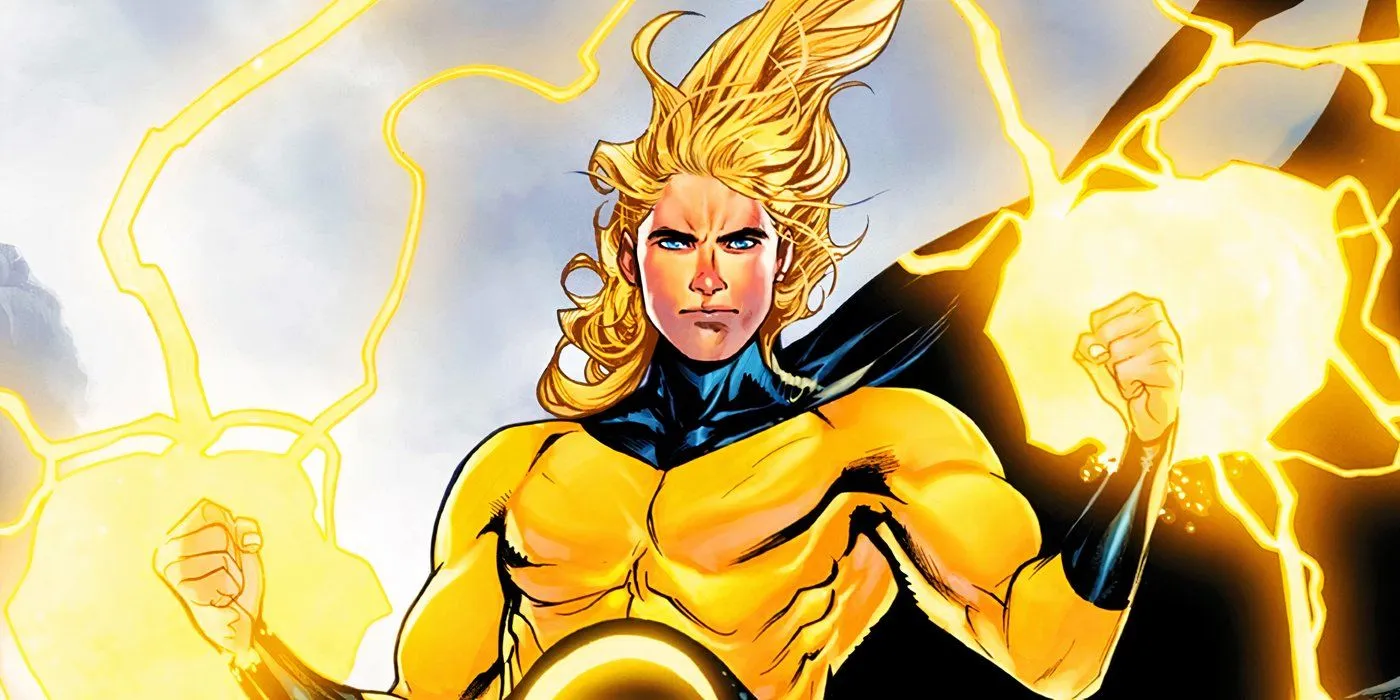
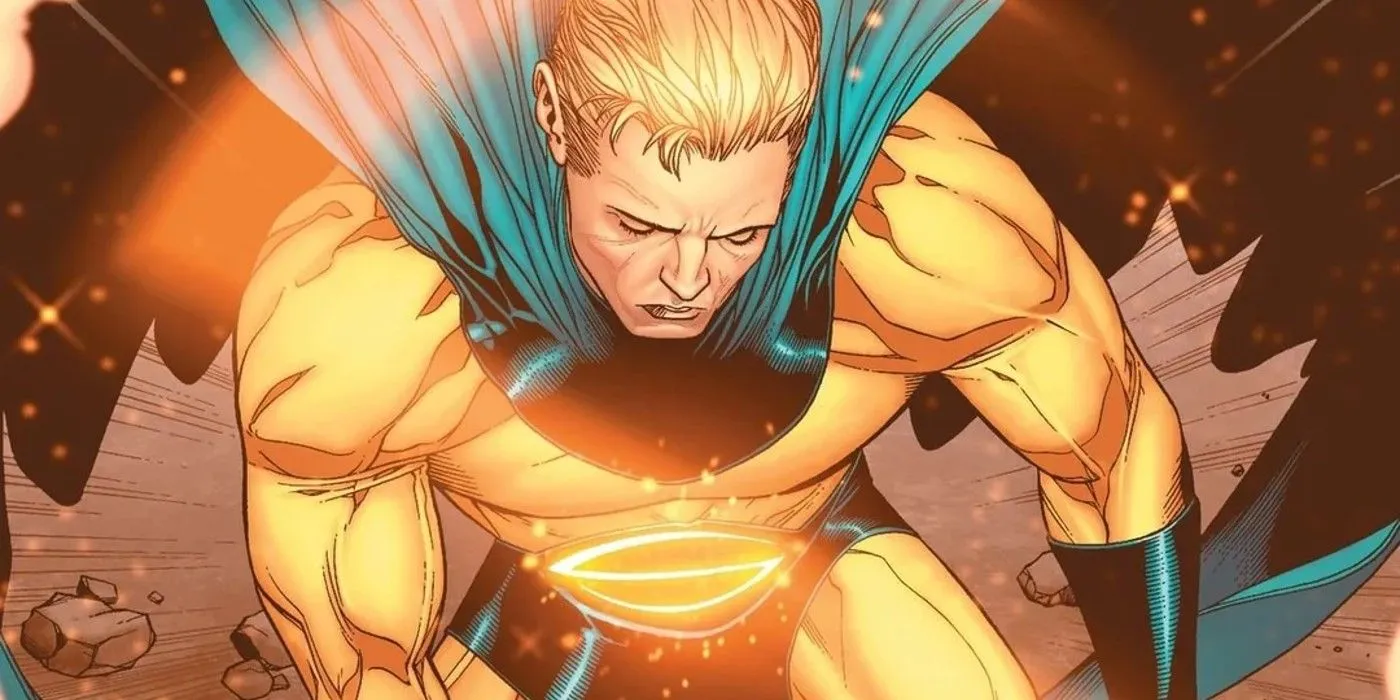
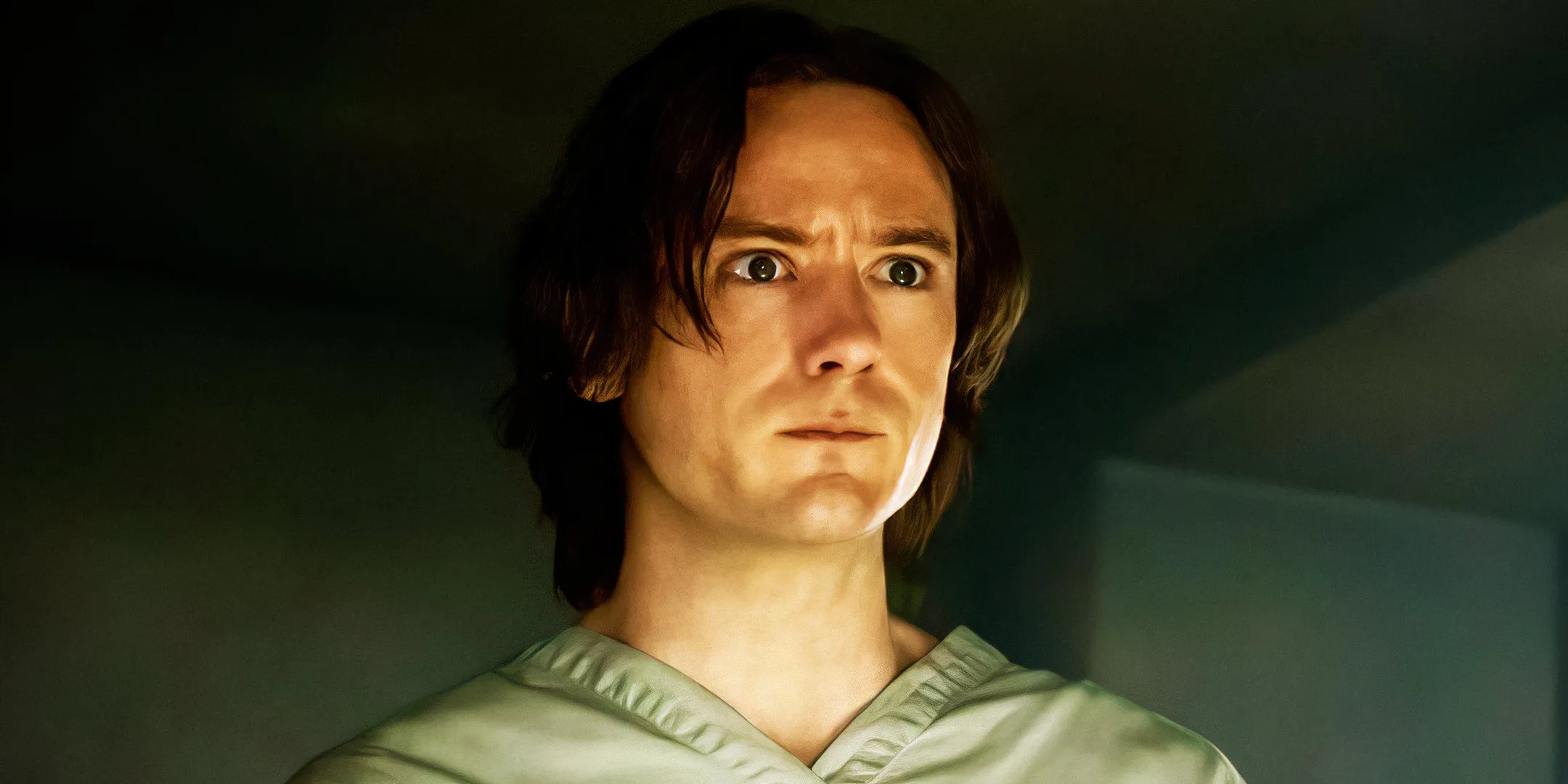
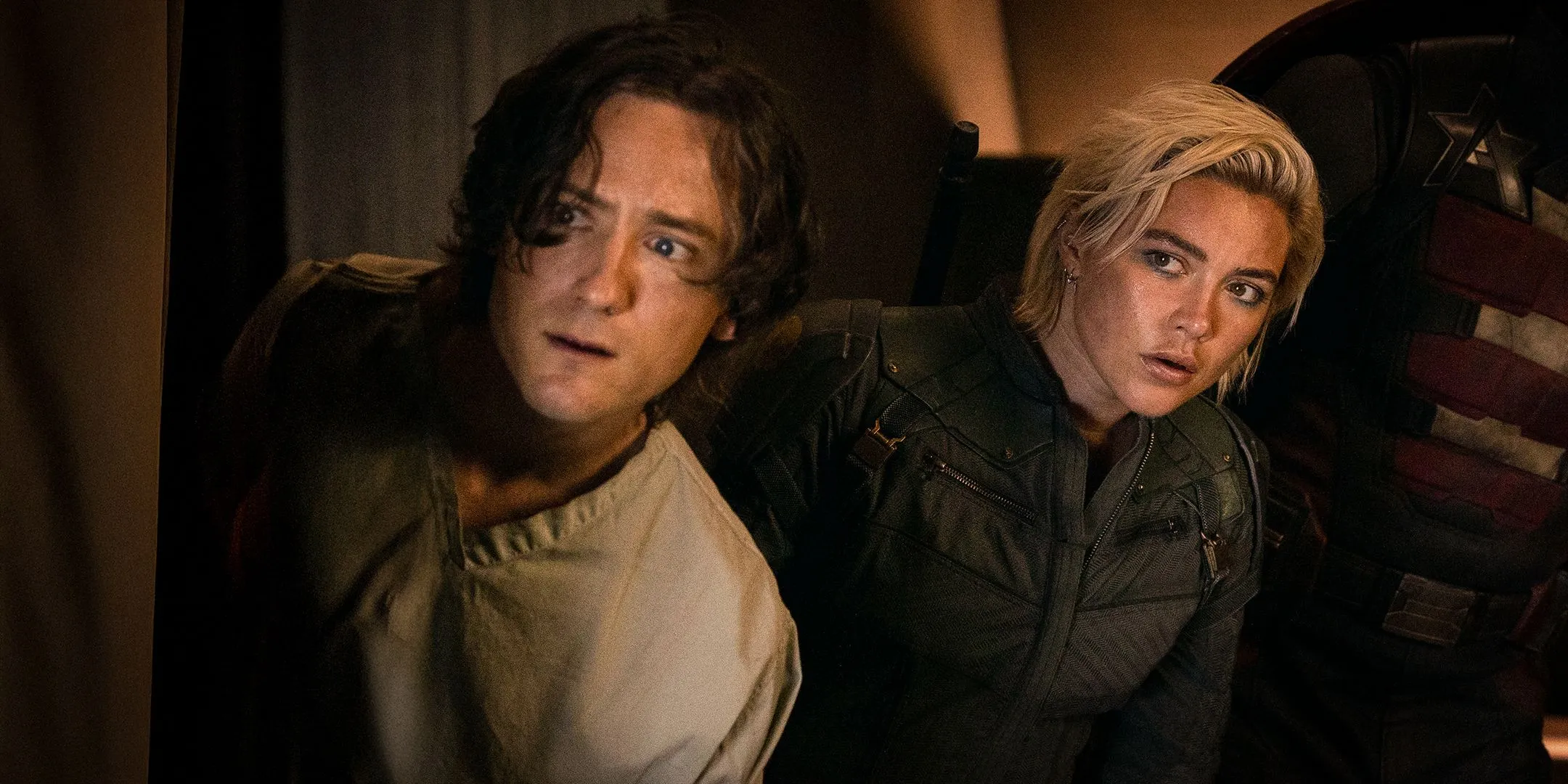
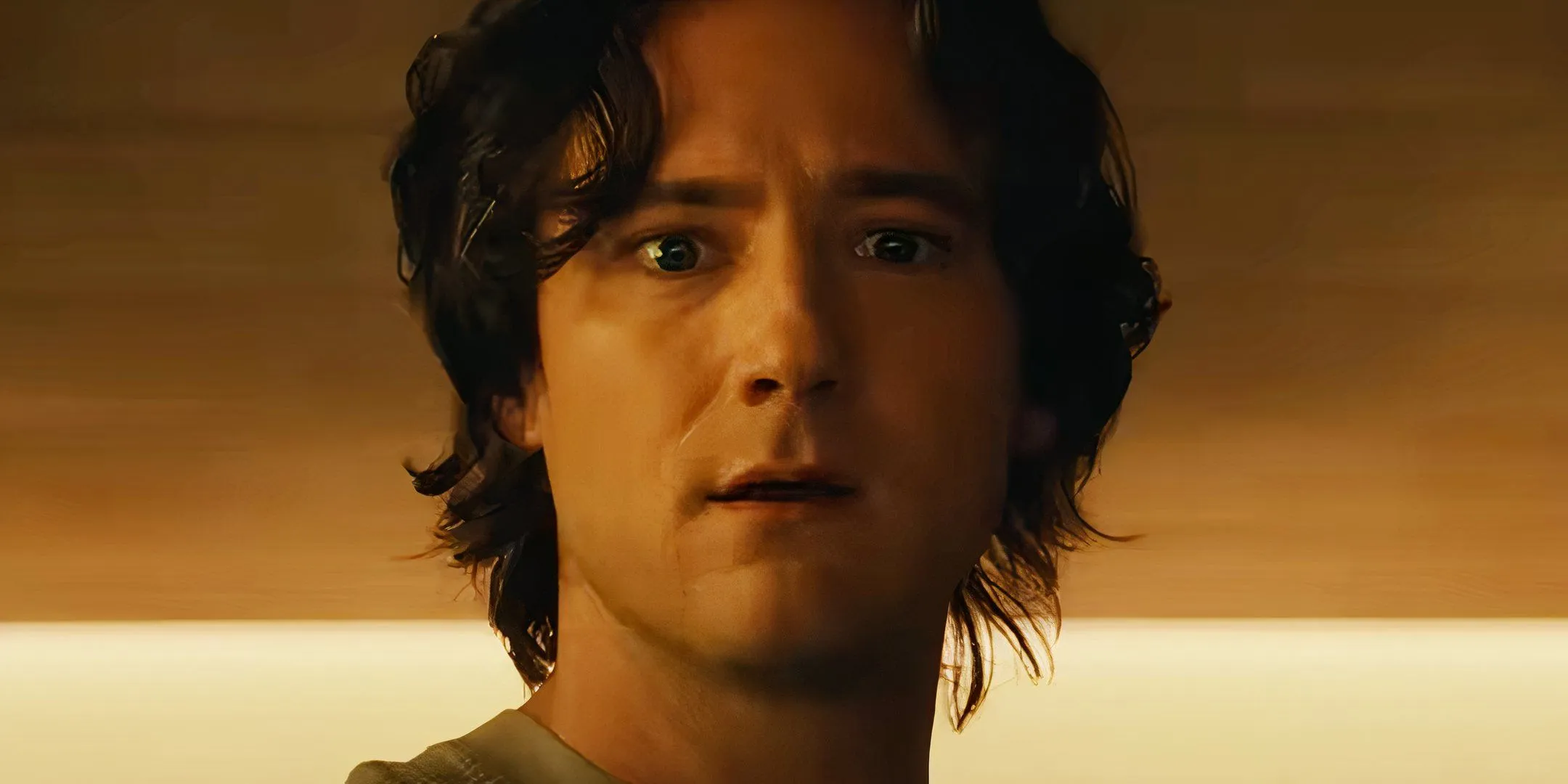
It’s commendable how Thunderbolts* embraces the complexities of Bob’s character, aligning closely with his comic book counterpart. In the comics, drug use is integral to Bob Reynolds’ identity and transformation into the Sentry, as he initially consumes the Golden Sentry Serum in search of a high. By acknowledging his struggles with addiction, the film distinguishes Bob’s character within the MCU, making him unique among superheroes.
This narrative strategy illustrates Thunderbolts*‘s ability to handle mature subjects effectively. The exploration of mental health, coupled with various coping mechanisms, enhances the film’s acclaim. While it remains uncertain how future MCU projects will address similar themes, the approach taken in Thunderbolts* demonstrates a potential for growth within the franchise, reflecting a deeper understanding of complex human experiences.
This film truly felt like the right moment to tackle these profound topics.
Source: Happy Sad Confused/YouTube
